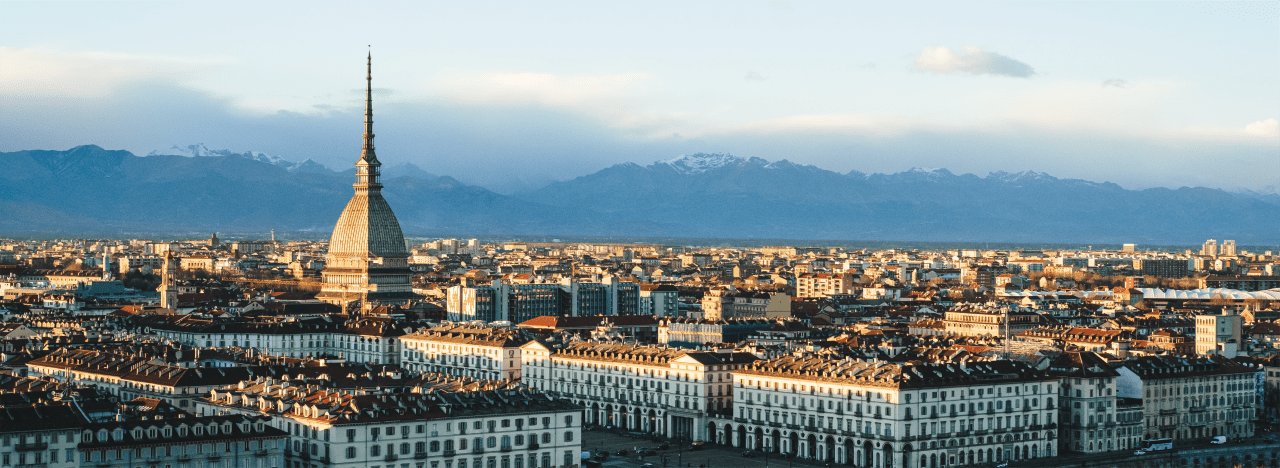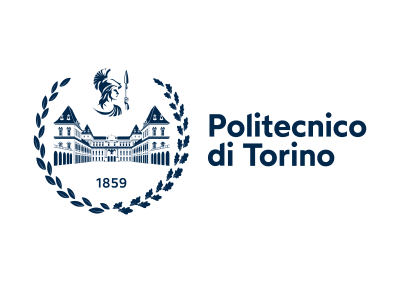The Department of Environment, Land and Infrastructure Engineering (DIATI) is a leading structure of Politecnico di Torino working in the fields of:
- Technologies for the protection, conservation, and management of the land and environment
- Sustainable management of natural resources
- Optimized and eco-compatible development of infrastructures and transport systems
The department stands out for its multicultural and multidisciplinary approach, as it coordinates and manages 13 scientific-disciplinary sectors, corresponding to as many research areas in the field of applied sciences (e.g. environmental protection and job safety, remediation of contaminated sites, assessment of the impact of anthropic activities on the environment, water resources management, hydraulics and fluid mechanics, design of tunnels, mines and deposits of subterranean fluids, transport infrastructures).
DIATI is an active member of seven interdepartmental research centres and fosters collaboration between various technological and scientific fields, as well as researchers coming from different cultural areas. More than 36% of our department’s publications in scientific journals feature a foreign co-author from another university.
DIATI coordinates the following degree courses:
- BSc in Civil and Environmental Engineering (in English)
- BSc in Environmental and Land Engineering (in Italian)
- MSc in Environmental and Land Engineering, divided into four different tracks: Management of natural hazards (in Italian); Industrial Environmental Sustainability (in English); Climate Change (in English); Geo-Engineering (in English)
- MSc in Georesources and Geoenergy Engineering (in English)
- MSc in Agritech Engineering (in English)
- 2nd level Specializing Master in Climate Change: adaptation and mitigation solutions (in English)
Since 2018, DIATI has been awarded the title of Department of Excellence by the Italian Ministry of University and Research, with a project that qualifies the department as the international benchmark on innovative strategies of climate change monitoring and assessment, as well as on the development of innovative adaptation and mitigation technologies.

